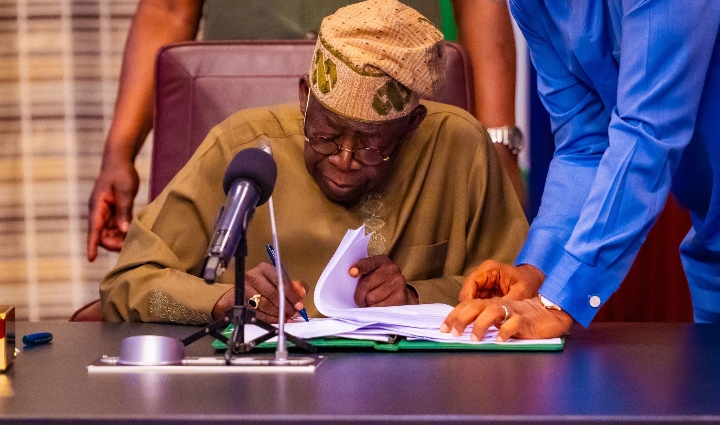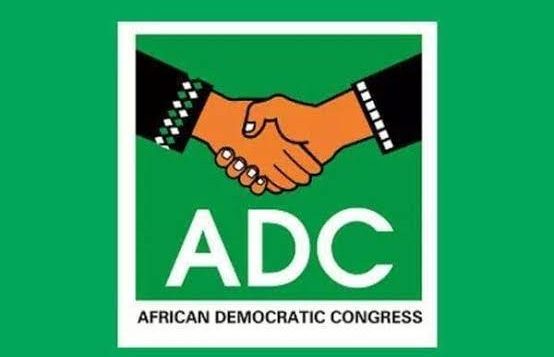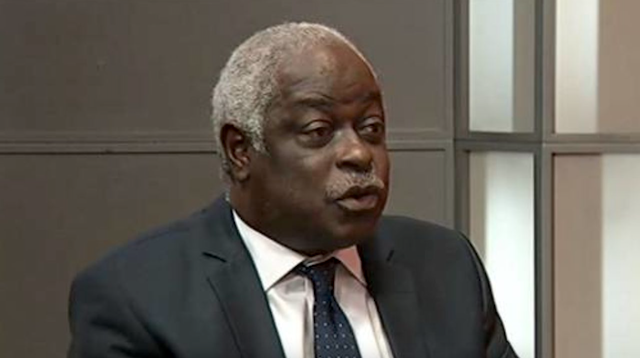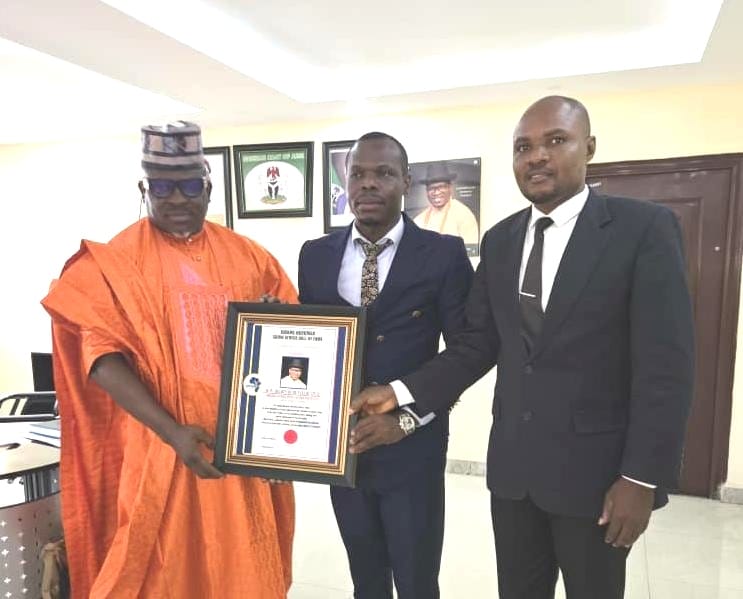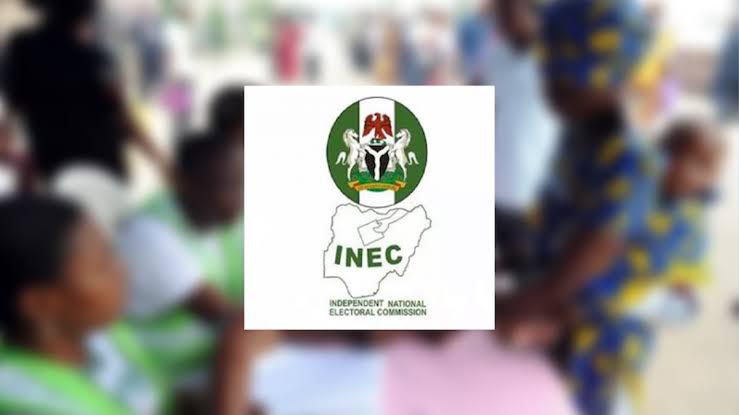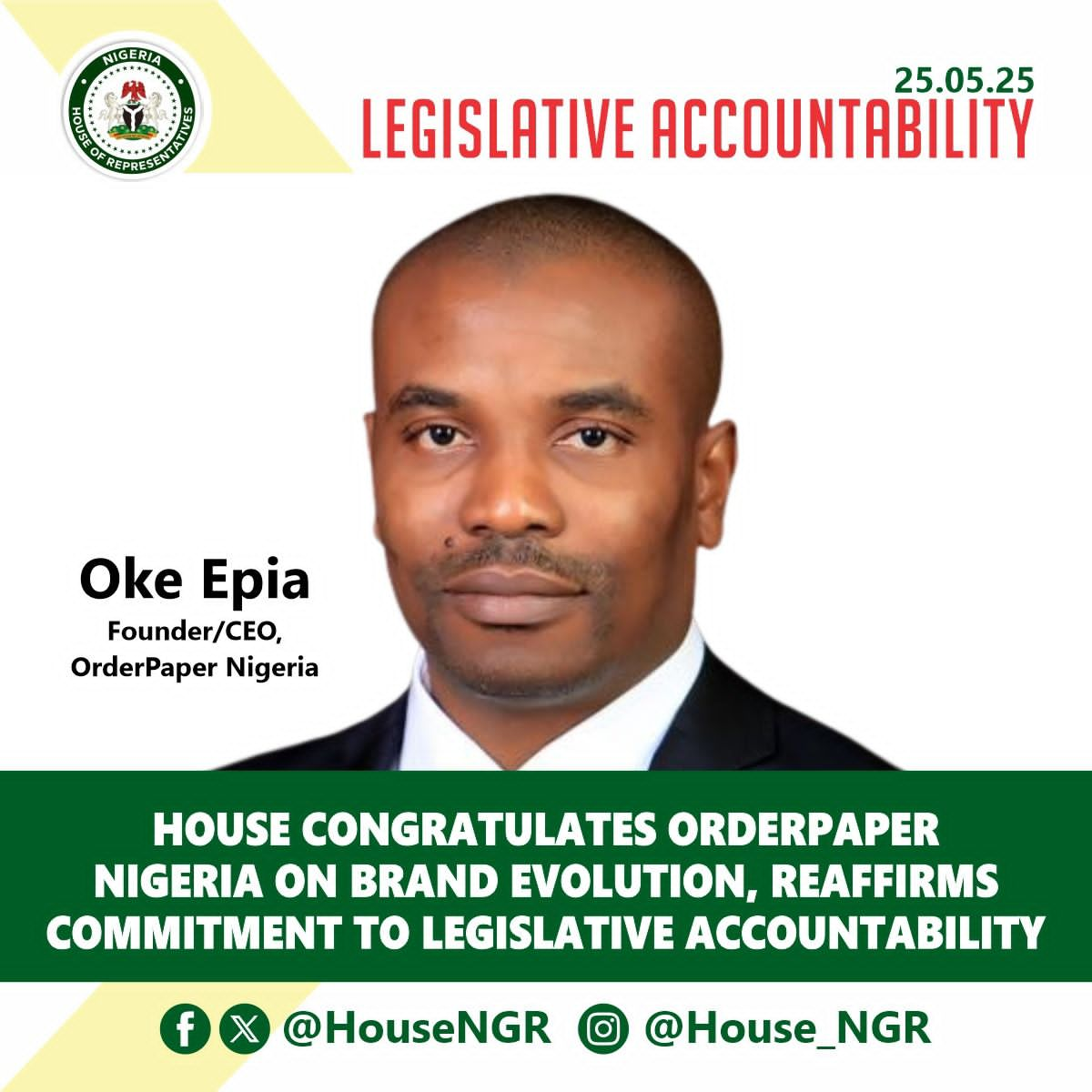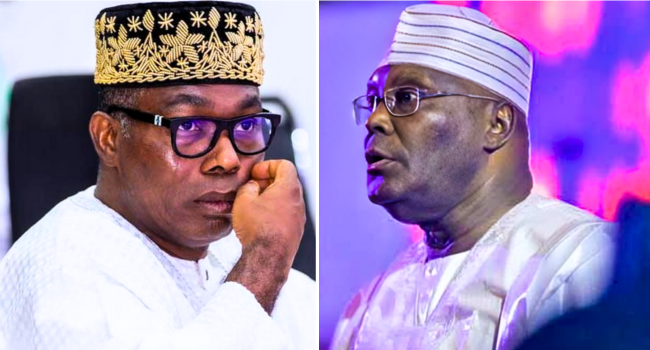“Abraham’s adultery fulfilled the will of God”.
Paul says there are “vessels of wrath prepared for destruction,” and “vessels of mercy, prepared beforehand for glory.” (Romans 9:22-24). Vessels of wrath prepare themselves for God’s wrath. But God Himself prepares the vessels of mercy for glory. The vessels of wrath deserve God’s wrath, but the vessels of mercy do not deserve God’s mercy. They also deserve God’s wrath, but God decides to be merciful to them.
Hardening of Pharaoh
God said to Moses, “When you go back to Egypt, see that you do all those wonders before Pharaoh which I have put in your hand. But I will harden his heart, so that he will not let the people go.” (Exodus 4:21).
Who will harden Pharaoh’s heart? God will.
He repeats this: “I will harden Pharaoh’s heart, and multiply My signs and My wonders in the land of Egypt.” (Exodus 7:3). He (God) will harden Pharaoh’s heart.
But when Pharaoh himself is brought into the equation, the hardening came from Pharaoh:
“When Pharaoh saw that there was relief, he hardened his heart and did not heed them, as the Lord had said.” (Exodus 8:15).
“Pharaoh hardened his heart at this time also; neither would he let the people go.” (Exodus 8:32).
“When Pharaoh saw that the rain, the hail, and the thunder had ceased, he sinned yet more; and he hardened his heart.” (Exodus 9:34).
When the Israelites finally left Egypt, God retook the initiative:
“I will harden Pharaoh’s heart, so that he will pursue them; and I will gain honour over Pharaoh and over all his army, that the Egyptians may know that I am the Lord.” (Exodus 14:4).
As a result, the Egyptians decided to pursue the Israelites, and they ended up drowned in the Red Sea, according to the determinate counsel of God.
Paul explains all this:
“For the Scripture says to the Pharaoh, ‘For this very purpose I have raised you up, that I may show My power in you, and that My name may be declared in all the earth.’ Therefore, He has mercy on whom He wills, and whom He wills He hardens.” (Romans 9:17-18).
Jesus’ elect
Paul writes that God opened the eyes of those He chose and left the rest in blindness:
“Israel has not obtained what it seeks; but the elect have obtained it, and the rest were blinded. Just as it is ‘written: ‘God has given them a spirit of stupor, eyes that they should not see and ears that they should not hear, to this very day.’” (Romans 11:7-8).
Note that it is said here that God blinded them. However, Jesus says the unbelievers are the ones who blinded their eyes:
“The hearts of these people are hardened, and their ears cannot hear,
and they have closed their eyes— so their eyes cannot see, and their ears cannot hear, and their hearts cannot understand, and they cannot turn to me and let me heal them.” (Matthew 13:15).
There is a divinely ordained coincidence between the decrees of God and the will of men.
Numbering Israel
Samuel says God was angry with Israel, so He made David conduct a census.
“The anger of the Lord was aroused against Israel, and He moved David against them to say, ‘Go, number Israel and Judah.’” (2 Samuel 24:1).
But the writer of 1 Chronicles says it was Satan who moved David to number Israel:
“Satan stood up against Israel, and moved David to number Israel. So David said to Joab and to the leaders of the people, ‘Go, number Israel from Beersheba to Dan, and bring the number of them to me that I may know it.’” (1 Chronicles 21:1-2).
In both scenarios, David is the one said to have ordered the numbering. But God did not punish David for ordering the numbering. He punished Israel. 72,000 Israelites were killed in a plague.
David pleaded with God: “I am the one who numbered Israel, so kill me. Why kill all these innocent people?” David did not know that he numbered Israel because God wanted to punish Israel. He thought he did the numbering, but it was God who did it.
Election of Abraham
God chose Abram without saying why. He said to him:
“My covenant is with you, and you shall be a father of many nations. No longer shall your name be called Abram, but your name shall be Abraham; for I have made you a father of many nations.” (Genesis 17:4-5).
It was God who decided to make Abraham a father of many nations. But it was Abraham’s decision that laid the foundation of the original two nations. Abraham had an adulterous relationship with Hagar, his househelp, who gave birth to Ishmael. Then his wife, Sarah, gave birth to Isaac. Ishmael produced the nation of Edom, and Isaac the nation of Israel.
How come Abraham’s adultery fulfilled the will of God? That is the power of God. As Paul observes, God “works all things according to the counsel of His will.” (Ephesians 1:11). To those who love God and are called according to His purpose, God works all things together for good.” (Romans 8:28).
When Hagar ran away with Ishmael from Sarah’s hostility and oppression, God met her and said she should go back: “Arise, lift up the lad and hold him with your hand, for I will make him a great nation.” (Genesis 21:18).
In effect, the first nation to come out of Abraham was the result of his adultery with Hagar, arising from his unbelief that God would fulfil His promise with Sarah.
Did God decree the adultery, or did Abraham commit the adultery? Mind your business. The union between God’s will and Abraham’s sinful action is the result of the unsearchable power of God.
Abraham’s adultery was a sin against God. God does not need our help to fulfil His promises. Nevertheless, God worked Abraham’s sin together for good. Abraham was responsible for his adultery. At the same time, Abraham’s adultery was the will of God.
“Oh, the depth of the riches both of the wisdom and knowledge of God! How unsearchable are His judgments and His ways past finding out!” (Romans 11:33).
Joseph
Joseph’s evil brothers were responsible for his travails. They threw him down a well and sold him into slavery in Egypt. Nevertheless, their actions were the will of God. Had they not sold him into slavery, he would not have ended up as prime minister in Egypt, a position that enabled him to save their lives in a famine.
Joseph recognised the power of God and reassured his nervous brothers that he had no intention of retaliating: “You meant evil against me; but God meant it for good, in order to bring it about as it is this day, to save many people alive.” (Genesis 50:20).
How does God bring about such reversals? Only God knows. “We may throw the dice, but the Lord determines how they fall.” (Proverbs 16:33).
David’s adultery
When David slept with Bathsheba (Uriah’s wife) and got her pregnant, he killed her husband to hide his sin and married her. God’s judgment on him was exacting. Nathan, the prophet of the Lord, said to him:
“You have killed Uriah the Hittite with the sword; you have taken his wife to be your wife, and have killed him with the sword of the people of Ammon. Now therefore, the sword shall never depart from your house, because you have despised Me, and have taken the wife of Uriah the Hittite to be your wife. “Thus says the Lord: ‘Behold, I will raise up adversity against you from your own house; and I will take your wives before your eyes and give them to your neighbour, and he shall lie with your wives in the sight of this sun. For you did it secretly, but I will do this thing before all Israel, before the sun.” (2 Samuel 12:9-12).
This judgment was fulfilled in rapid succession by members of David’s family acting seemingly of their own volition. Amnon raped Tamar and Absalom killed him. Absalom tried to overthrow David, and Joab killed him. Solomon killed Adonijah. Absalom raped David’s wives in the sight of all Israel. The sword has never left Israel to this very day.
All these seemingly independent actions of David’s sons fulfilled God’s judgment against David. Did God decree their actions, or did his people act according to their free will? Both! And how God brought this to pass is, again, the unsearchable power of God.
Jesus’ crucifixion
Jesus was crucified according to the determinate counsel of God, and by the will of sinful men. So, the disciples prayed to God:
“Truly against Your holy Servant Jesus, whom You anointed, both Herod and Pontius Pilate, with the Gentiles and the people of Israel, were gathered together to do whatever Your hand and Your purpose determined before to be done.” (Acts 4:27-28).
Their evil actions against Jesus were all predetermined from the foundation of the world. Nevertheless, they were fully responsible for their sins. That combo is the power of God.
Election of Isaac
God told Abraham, “Isaac is the son through whom your descendants will be counted.” (Genesis 21:12). Nevertheless, Isaac’s wife, Rebecca, was barren. Isaac did not have a child for 20 years. God did not give him children until Isaac prayed for them.
Why did Isaac still need to pray to have the children that God had decreed? Mind your business. That is how God decided to do it.
When we pray according to God’s will, He answers. Nevertheless, His will precedes our prayers. God says: “It shall come to pass that before they call, I will answer; and while they are still speaking, I will hear.” (Isaiah 65:24).
How come our prayers coincide with His will? “The preparations of the heart belong to man, but the answer of the tongue is from the Lord.” (Proverbs 16:1).
We do not need to know how God answers our prayers. But He does. After 20 years of barrenness, Rebecca is finally pregnant, but the pregnancy is problematic. She prays, and God tells her something unusual is happening to her. She is carrying not one but two children. She is carrying the first twins of mankind.
Continuing God’s predestination of making Abraham the father of many nations. Two nations are in Rebecca’s womb. Two different people shall be separated from her. Then again, God’s will would contradict man’s convention. The one twin shall be stronger than the other. The older shall serve the younger.
This is God’s predestination. From one twin, Jacob, we get 12 sons, making one nation, Israel. From Esau, we get another nation, Edom. The older Esau shall serve the younger Jacob.
This shows God’s counsel is not contingent upon the natural order or man’s tradition. Everything is contingent upon God’s predestination and election. “So then it is not of him who wills, nor of him who runs, but of God who shows mercy.” (Romans 9:16-17). God works everything according to the good pleasure of His will. (Ephesians 1:5).
How did God’s decree that the older shall serve the younger come to pass? Jacob swindled his brother Esau and stole his birthright. Jacob’s swindle brought about God’s decree. God’s decree came about through human action. Men are God’s hands.
Did God cause Jacob to swindle Esau, or was Jacob responsible for his sin? Both! That is the unsearchable power of God.
God’s righteous judgment
It is not God’s injustice that sends men to hell. All have sinned and come short of the glory of God. It is men’s sins that send men to hell. But it is God’s mercy that elects to save some of the sinners. God decides who to save.
God makes no man sin. Man decides to sin. Because of man’s sin, God could have decided to save nobody. But out of his kindness, He decides to save some. These are those he chooses “according to the election of grace.” (Romans 11:5).
Paul then explains why God chooses some and not others. God desired to show His power and to display the glory of His grace. (Ephesians 1:6). He desired to show the riches of His glory on those He chooses to have mercy, leaving others subject to His wrath. (Romans 9:23).
Who are those on whom God showers His mercy? Anyone and everyone who calls on the Name of the Lord. Who are those who will call upon the Name of the Lord? Those that God has chosen. Will they call upon the Name of the Lord because God has chosen them, or because of their own volition?
Both! And that again is the power of God. Jesus says to the Sadducees: “You are mistaken, not knowing the Scriptures nor the power of God.” (Matthew 22:29).
We were dead in transgressions and sins (Ephesians 2:1), and yet are required to call upon the name of the Lord. But the dead have no volition. How can dead men call upon the Name of the Lord? God must make them do it.
“Revive us, and we will call upon Your name. Restore us, O Lord God of hosts; cause Your face to shine, and we shall be saved!” (Psalm 80:18-19).
Why was Mary chosen? Why was John the Baptist anointed in the womb? It is all by election and predestination.
Why does God tell people to repent when He knows they cannot unless He leads them to repentance? That is the power of God. He calls us to repent, but we cannot unless He helps us. We preach to others: “if God perhaps will grant them repentance, so that they may know the truth.” (2 Timothy 2:25).
Jesus says:
“No one can come to Me unless the Father who sent Me draws him.” (John 6:44).
“No one can come to Me unless it has been granted to him by My Father.” (John 6:65).
